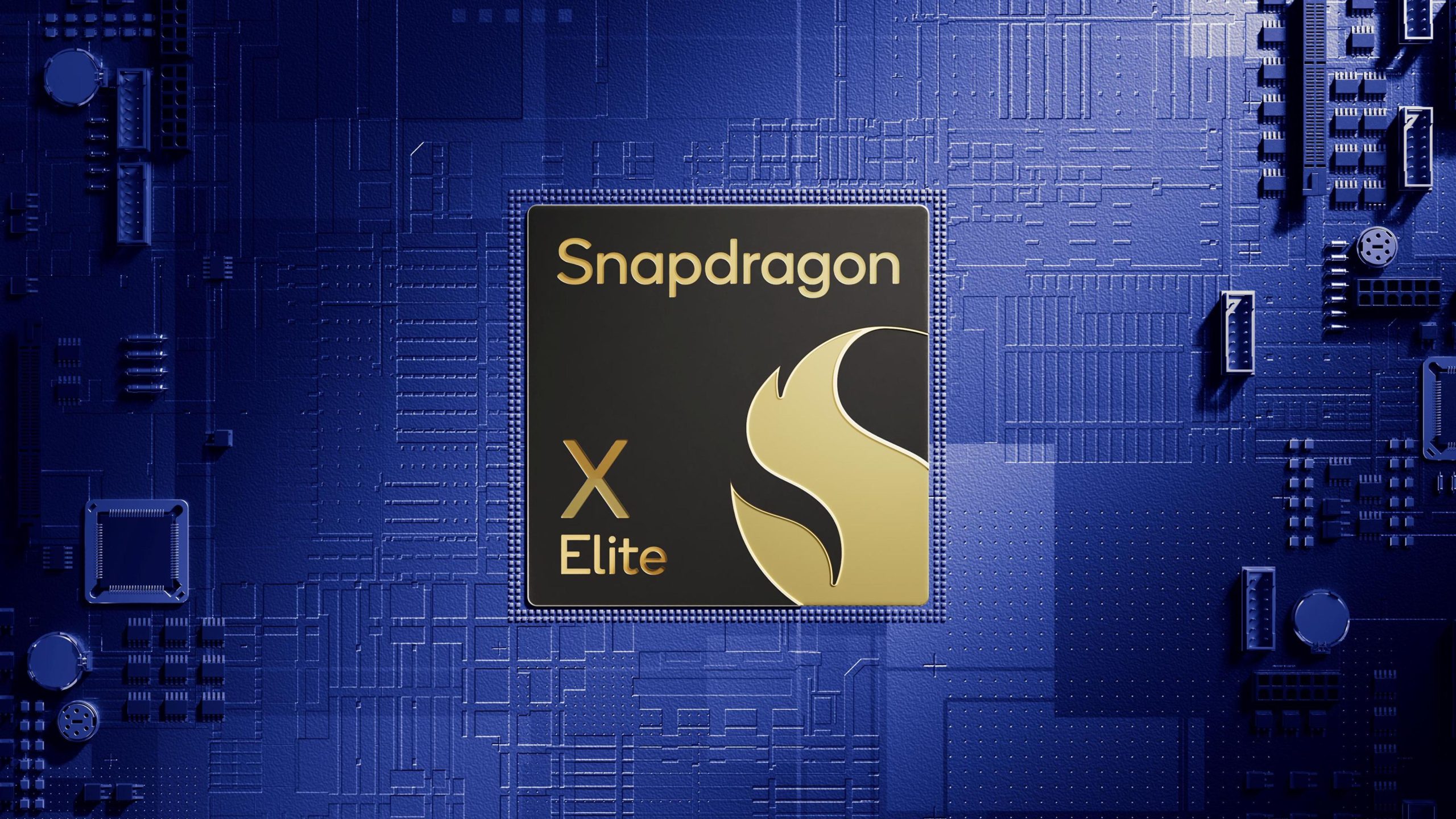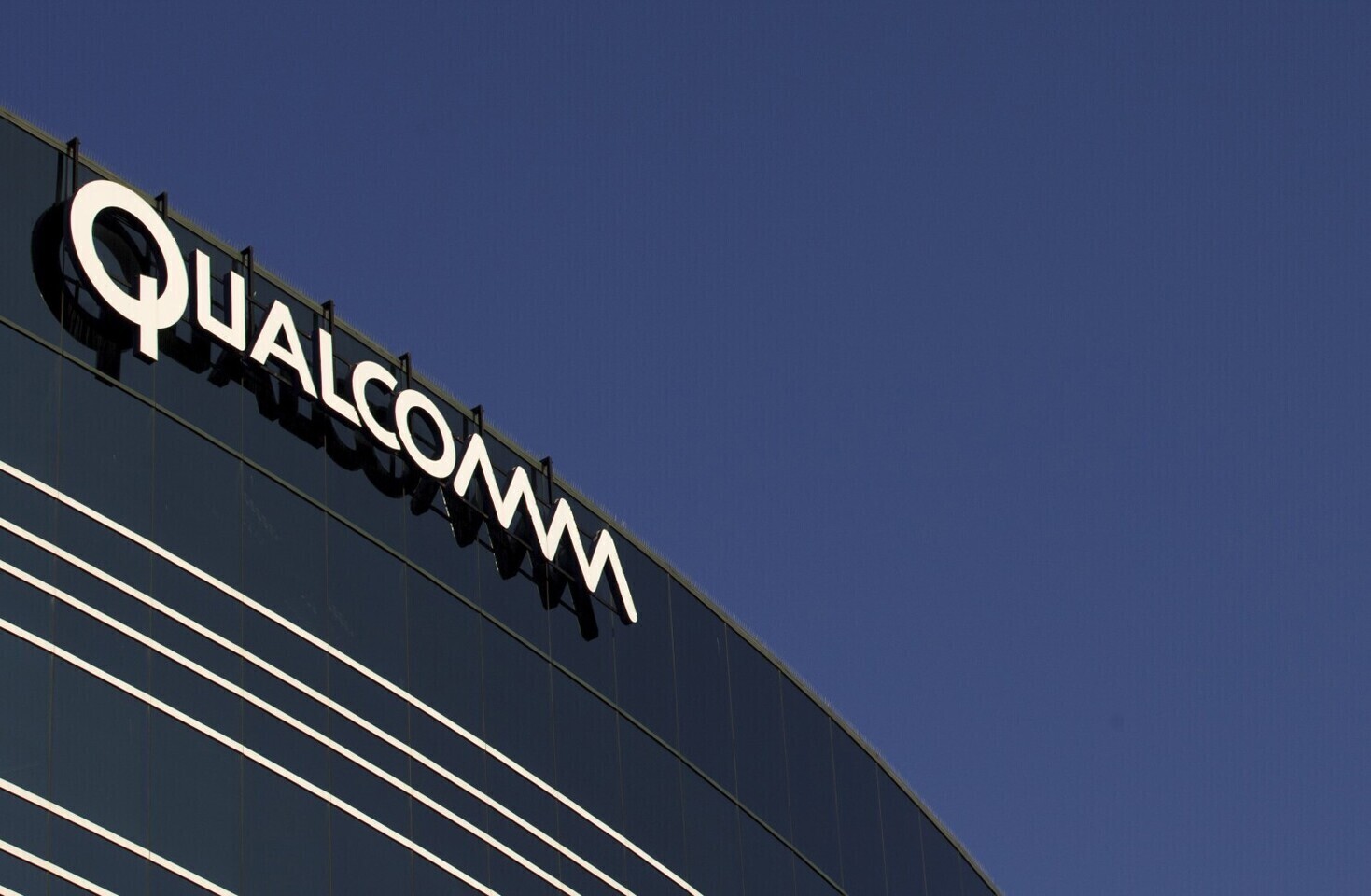Arm Ltd. has notified Qualcomm that it plans to terminate its architectural license within 60 days. This license is crucial for Qualcomm, as it enables the company to manufacture the Oryon CPU cores that are integral to its Snapdragon X Elite chip and Copilot+ PCs. In response to the termination notice, Qualcomm referred to it as “more unfounded threats” and expressed eagerness for a trial scheduled for December to resolve the ongoing issues.
The termination notice specifically pertains to the Arm v8 architectural license, which encompasses both the current Oryon core and a second-generation Oryon core that Qualcomm recently presented at its Snapdragon Summit in Maui.
While Qualcomm does not hold an Arm v9 architectural license, it does have a license for Arm v9 fixed cores, which includes Arm CSS for Client and Arm’s Cortex cores. The differences between these types of licenses are significant, as the architectural license provides much greater design flexibility.
Arm licenses its intellectual property to various companies, including Qualcomm, Apple, and Samsung, through different agreements. Qualcomm has historically engaged in contracts that allow it to integrate Arm cores, such as Cortex, into its designs while maintaining the original specifications of these cores.

Arm Notifies Qualcomm of License Termination Threatening Future of Oryon CPU Cores
This arrangement has limited the extent to which licensees could modify the cores, potentially resulting in similar products among competitors. In contrast, an architectural license allows firms to create customized chips that maintain compatibility with the Arm instruction set, encouraging greater innovation.
The conflict between Arm and Qualcomm escalated as Qualcomm faced challenges with its Snapdragon 8 series chips, which struggled to compete against x86 processors from AMD and Intel. In an effort to enhance its Arm-based CPU designs, Qualcomm acquired Nuvia in 2021, a company that possessed an architectural license.
Arm contested this acquisition, arguing that the terms of the license restricted its transferability. This disagreement culminated in a lawsuit in late 2022, where Arm sought to prevent Qualcomm from using Nuvia’s designs and ultimately canceled Nuvia’s licenses in 2023.
As Qualcomm promotes its latest Oryon core at the Snapdragon Summit, claiming it outperforms Intel’s Lunar Lake chip, the legal dispute intensifies. Qualcomm characterized Arm’s termination notice as a “desperate ploy” intended to undermine its operations and increase royalty rates.
In response, Arm stated that it was compelled to take formal action due to Qualcomm’s repeated breaches of the license agreement, emphasizing the necessity to protect the ecosystem built over the past 30 years. With the trial approaching in December, the future of the Oryon cores and the ongoing legal battle between the two companies remain uncertain.









































